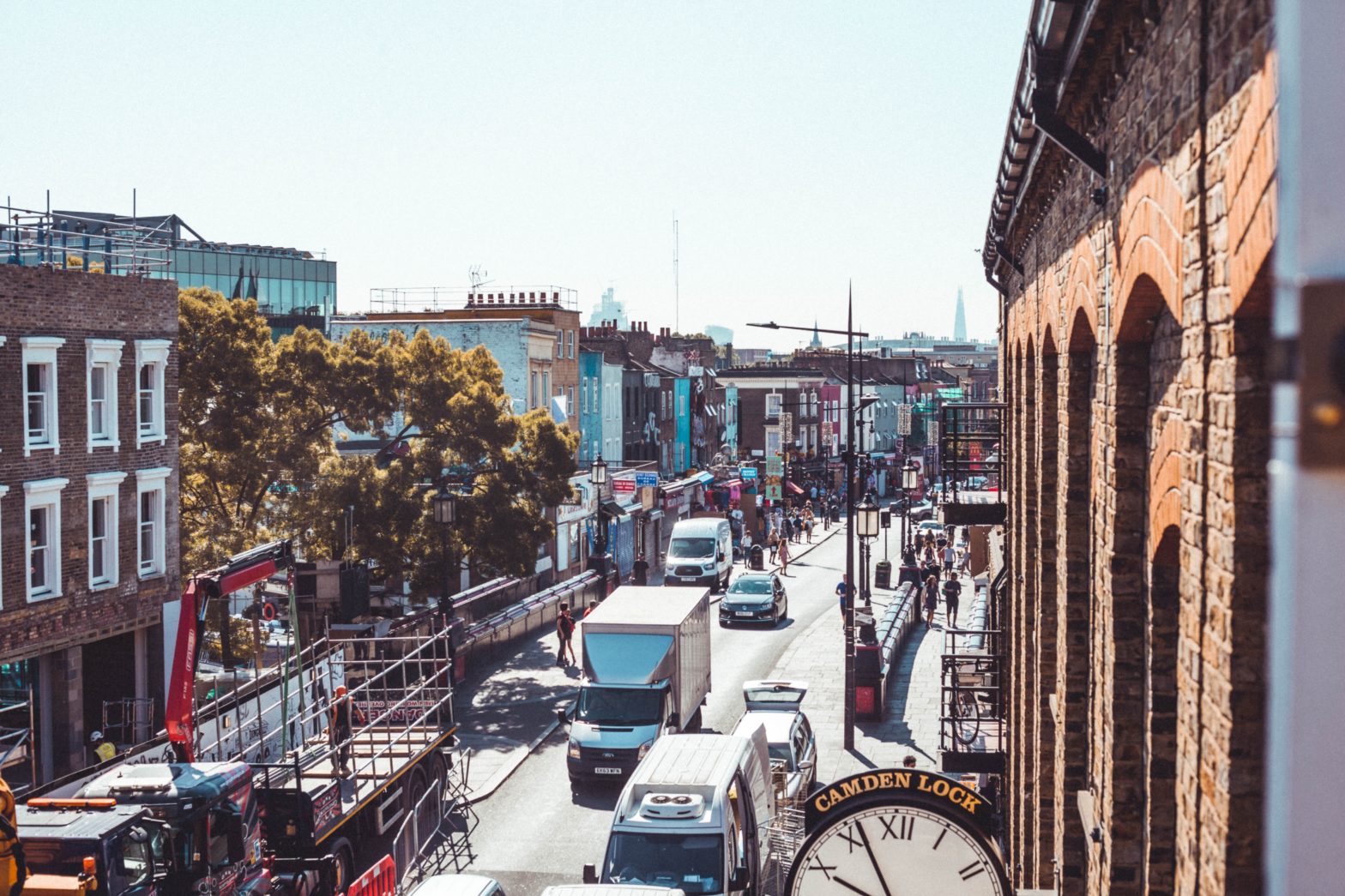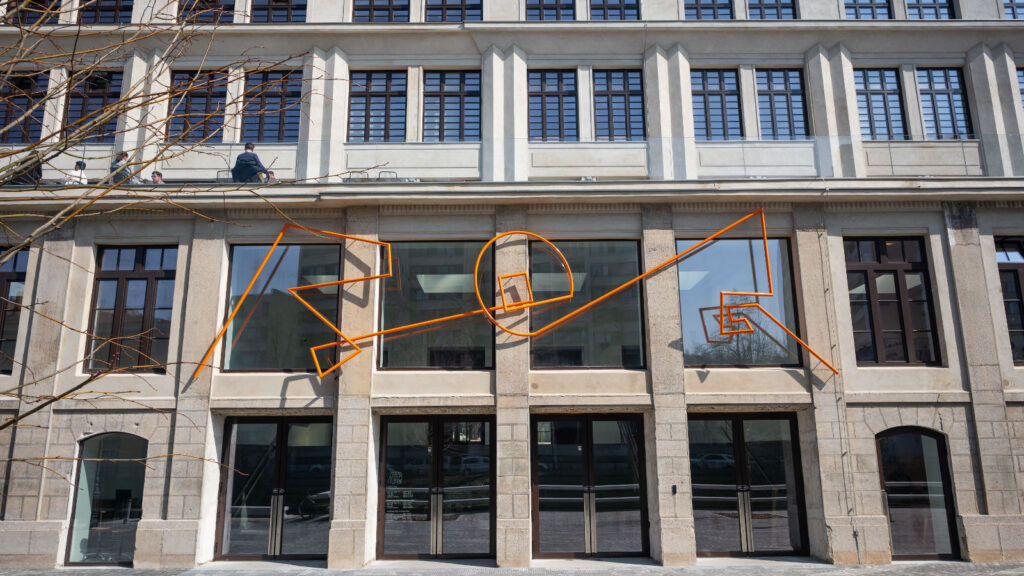
Photo: charles-postiaux-unsplash
London tops index of world’s slowest cities for drivers
23 January 2024
by Christopher Carey
London has been ranked the world’s slowest city to drive in for the second year in a row.
On average, it took 36 minutes and two seconds to travel 10 kilometres through the centre of the UK capital in 2023 – almost one minute longer than in 2022 – according to the latest annual traffic index from Dutch geolocation technology company TomTom.
The study suggested that the introduction of widespread 20mph speed limits were a factor in the slowdown – but this was challenged by the Mayor of London’s office.
“This study is misleading as it only includes analysis from a very small part of the city centre, not the whole of London,” a spokesperson told Cities Today.
“Comprehensive TfL data suggests that journey times on the TfL road network actually remain at similar levels to those in 2019, while analysis from around the UK suggests that lower speed limits have not increased congestion.
“Roadworks are the biggest cause of congestion in cities – which is why the Mayor’s Infrastructure Coordination Service is working with boroughs and utility companies to reduce delays caused by roadworks, helping to save London road users over 1,250 days of roadworks since 2019.”
Cities Today contacted TomTom about the counterclaims but did not receive a response.
Other cities
As part of the report, 387 cities in 55 countries were analysed.
Ireland’s capital Dublin was ranked second in the index, with drivers spending an average of 29 minutes and 30 seconds driving 10 kilometres, followed by Toronto (29 minutes), Milan (28 minutes and 50 seconds) and Lima (28 minutes and 30 seconds).
“The best examples are Amsterdam or Copenhagen, who’ve moved road demand to bikes and pedestrian traffic,” said Ralf-Peter Schäfer, Vice President of Traffic at TomTom.
“This modal-split is something that must happen for the good of our cities. Reducing congestion isn’t about building more roads or rebuilding road networks for cars, it’s about the heart of the city and giving space back to other modes of transport.”
Image: charles-postiaux-unsplash







